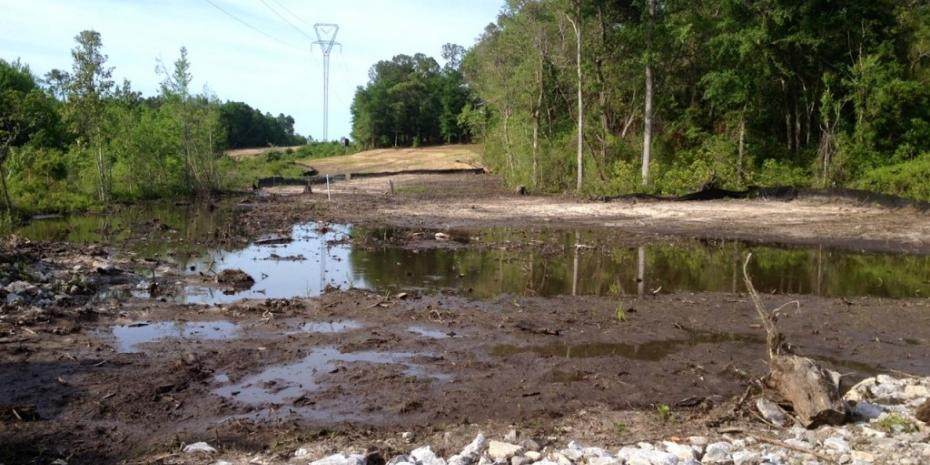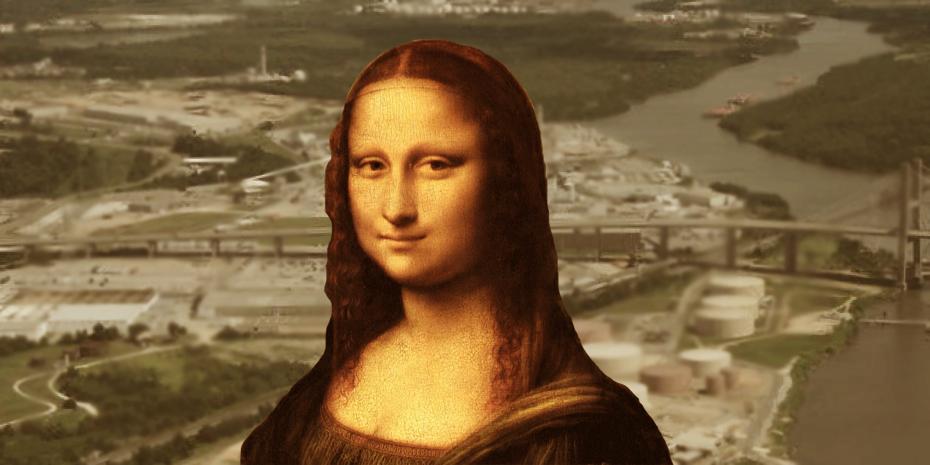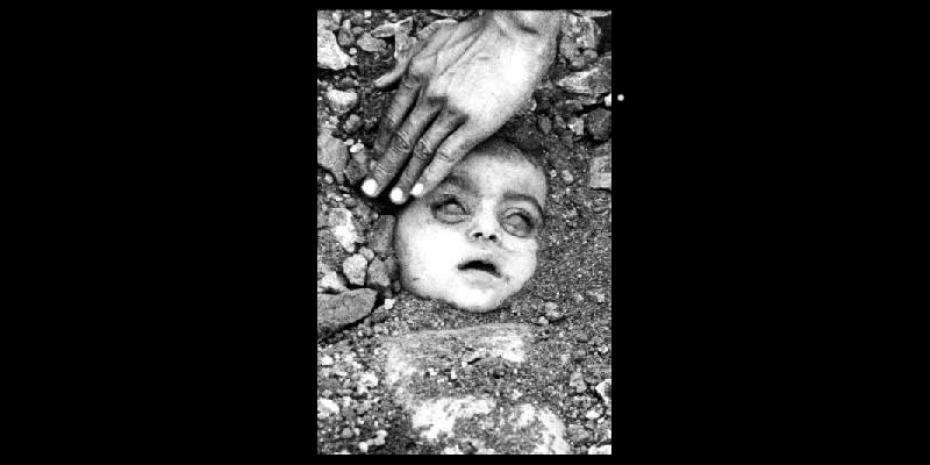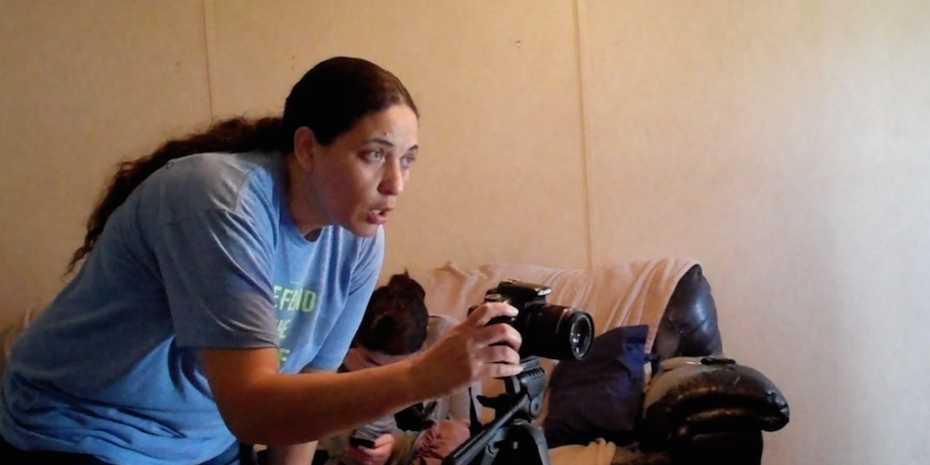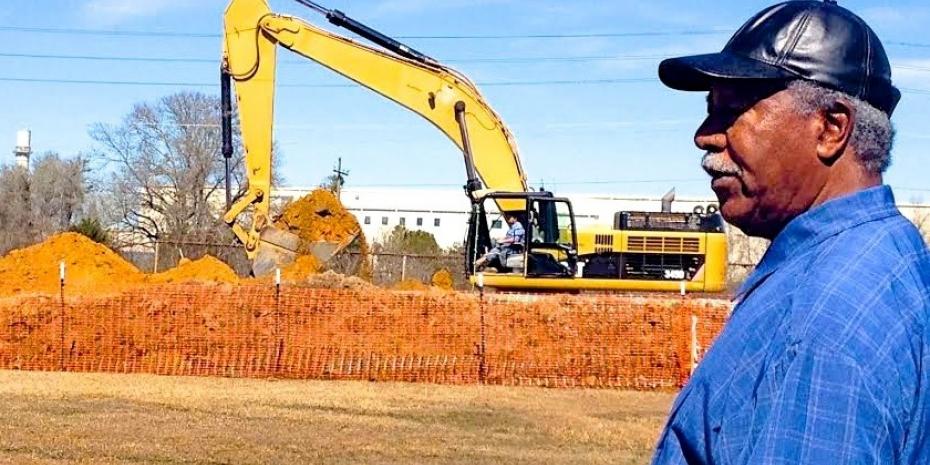I caught up with Kimberly McCuiston, David Underhill, Patricia Hall and Michele Walker-Harmon of the Mobile Environmental Justice Action Coalition (MEJAC) during the regional Gulf Gathering, which was held in Fairhope, Alabama, April 13th through 15th.
According to their Facebook page, “MEJAC is a coalition of Mobile Bay residents and groups confronting new and longstanding environmental justice issues to cease toxic industrial pollution.”
